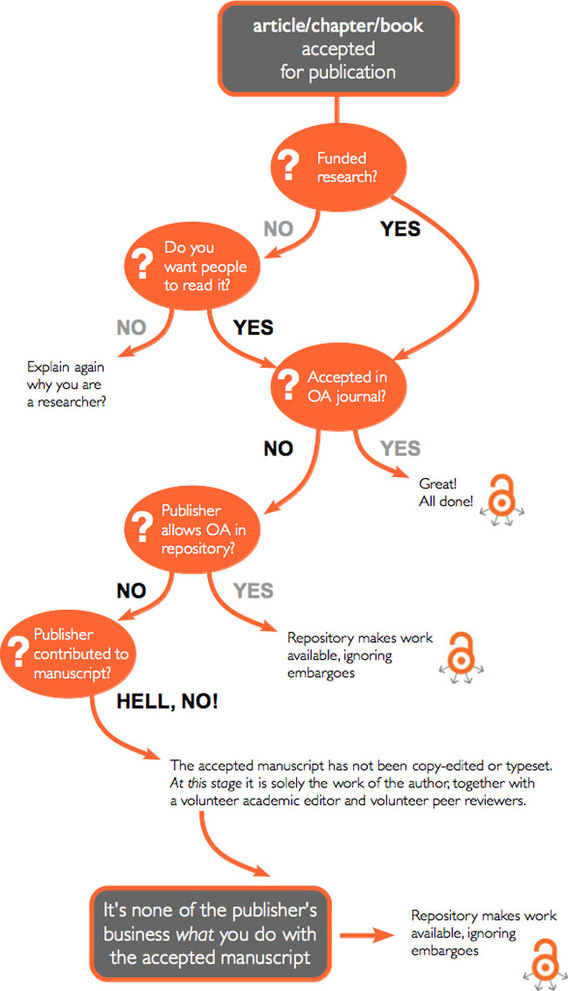Springer and Macmillan. A Marriage Made in Heaven?
Holtzbrinck Publishing announces agreement to merge majority of Macmillan Science and Education with Springer Science+Business Media.
This is a strategic transaction by Holtzbrinck and BCP aimed at securing the long-term growth of both businesses. It will create a leading global science and education publishing house with the opportunity to better serve its authors, the research community, academic institutions, learned societies and corporate research departments, as well as to extend its reach within the education and learning markets.

